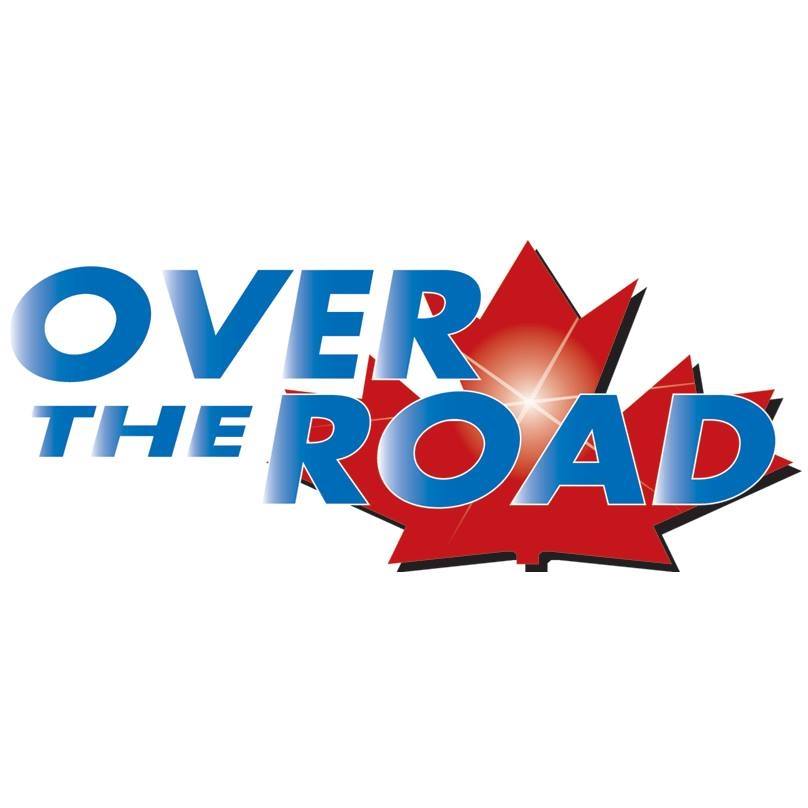Choosing a Trucking Company: The Fuel Tax Game

The first thing we should all remember about the fuel tax game is that… there is no such thing! Unless by “game” we mean a sporting time of make believe adventure and challenge, such as Monopoly or Risk, a harmless time of adventure without any monetary affect on reality.
Let’s simplify the statement even more… “There is NOTHING any DRIVER can do to reduce their annual bottom line fuel tax IFTA expense”. In some cases the trucking company can lower (or even eliminate) the operators fuel tax bill, but that’s up to the company not the driver (we’ll get back to that shortly).
This means the guys stopping to buy 50 gallons or 200 liters in each province/state are burning up good driving time and brake drums, swapping money from cash to payable and then back to cash again.
Let’s look at the four mythical exceptions: Oregon, Indiana, Kentucky, and Virginia. Oregon doesn’t belong to the IFTA program (it’s a Weight Distance Tax) so any fuel purchased there doesn’t contribute at all (hence why many don’t buy fuel in OR.).
Indiana, Kentucky and Virginia all use a “surcharge system” (with different values of course) calculated separately from IFTA (yet collected by them). Surcharge is simply calculated by the miles traveled multiplied by the surcharge rate. It has NOTHING to do with fuel purchased.
The fuel tax (IFTA) is an in/out calculation, either pay it at the pump or pay it off your statement. If you pay $1.00 too much in any state/province, each IFTA member (including surcharge States) return $1.00 (no exceptions).
The fuel tax illusion comes when one operator gets charged a $1000 quarterly while their buddy at the same company gets a refund of $200. The reason is explained in their fueling habits (and possibly consumption). Generally, the $200 refund operator purchased large quantities of fuel in a province/state that has a high fuel tax rate (paying up front). The $1000 quarterly operator purchased high volumes of fuel in low fuel tax jurisdictions (pay later). Either pay daily at the pump or pay quarterly on the statement (no exceptions).
There are only two situations that could lower your fuel tax expense: drive at a company that doesn’t charge it, or have the company change the consumption rate.
Fuel tax is calculated using two factors: miles traveled in the jurisdiction and consumption rate. The miles traveled are not debatable, only the consumption rate can vary. Some companies use the individual operator consumption rate (easily calculated within the forms itself) while others use “fleet rates”.
Herein resides another major trust issue, why does a company use fleet rates to calculate independent operator fuel tax? For some this may be a bonus. If the operator gets 4.5 MPG and the fleet rate is 6.5 the fleet is subsidizing the operator’s fuel tax. However, that is almost always NOT the case. I’ve seen fleet rates as low as 2.56 MPG while the operator clearly was getting over 7 MPG (extreme case). This means the OPERATOR was subsidizing everyone else’s fuel tax bill. In this EXTREME example it can make a difference anywhere from .5 – 5+ cents per mile ($650-6,500 per year).
Let’s think this situation through systematically. Obviously the company pays the fuel tax on company trucks, yet bills/charges and submits the operator’s. Since, under most circumstances, operators out perform company drivers in fuel consumption the benefits to the company for using fleet rates are clear. The more they can charge the operators the more expense can be offset (therefore more profit).
Using a fleet rate verses an individual rate is a policy that someone in the company created (sometimes decades ago).
Sitting at their desk and tapping their pencil on their calculator they compared the company financial benefits to the potential “complaining” of their operators.
They asked: What are other companies doing? How many operators do we have who carry sharp pencils? How vocal are they? What can we all include in the fleet average that would increase consumption and boosting the profits of the company? How can we HIDE/CONFUSE or at least justify this rate?
This ethical situation was decided in a quiet office, hidden and obscure. It was decided on the basis of profit skimming rather than treating operators as independent business entities. It is a hidden deception, often times quickly overlooked and justified by someone using the word “policy”.
It all exposes the owner/managers personal ethics, and ethics is NEVER a game! Choose a company that doesn’t play games!
